BBC Radio Northampton today became the first of the broadcaster’s local stations to switch to virtualised equipment and infrastructure.
The Virtual Local Radio (ViLoR) project, which has been developed by BBC Technology in collaboration with BBC Local Radio, involves shifting some of a station’s back-end broadcast kit to a central, shared, location.
Editorial teams will have control over the play-out system and mixing desks, but audio files will be stored, streamed, mixed and processed in remote data centres in London and Birmingham.
It is hoped that the project will substantially reduce the cost and time needed to upgrade local radio stations.
ViLoR project director Geoff Woolf said it was a “great challenge” to continually update and refresh the technology used by the BBC’s 39 local radio stations which, by their nature, are scattered around the country.
“Because of the time taken to deploy it means that local radio can lag in terms of technology. A basic server upgrade could take six months, whereas if you are dealing with a central location something like that could be achieved in a couple of weeks,” he said.
Instead of using baseband signals, ViLoR relies on streams of audio that are transported over IP.
That means hardware-based systems that are used for managing phone-ins, line termination equipment and audio and transmission routers can be ditched in favour of broadcast-specific applications that run on commodity IT equipment.
At present, around 500 bays of equipment are required to support 39 local radio stations, but if all BBC local radio stations switched to the virtualised model that figure could be reduced to around 24 (16 in London and and eight in Birmingham).
That could result in “significant” savings; Woolf said that for the same cost of upgrading two conventional radio stations, four ViLoR stations could be built.
Savings could come from reductions in property and energy costs resulting from the reduction of physical space, power and cooling required at local stations.
Roll out
Interim chief technology officer Peter Coles described the project as “an excellent example of BBC innovation helping us find new, lower cost and more flexible ways of providing the technology our programme makers’ need”.
He said: “Northampton is a first, but significant, step toward us proving the potential for a fully virtualised BBC local radio network, and I’m sure we’ll see the industry begin to adopt a similar approach.
“We’ll continue to test and iterate the technology to help shape future plans before we decide whether to roll the system out across additional BBC local radio stations.”
BBC Radio Northampton will be followed by Radio Suffolk in September, Essex in December and Three Counties Radio in February.
The BBC will then review the project before deciding whether or not to switch its remaining local radio stations to the centralised model.
Enabling BBC Local Radio to move to the same production platform as the rest of BBC Radio would “greatly simplify” the sharing of media, the broadcaster said.
Another of the benefits highlighted by the broadcaster is the potential for ‘pop up’ radio stations.
It said that with much of the equipment no longer needed in a local studio, ViLoR could be developed to make it much easier for editorial teams to cover local events on-the-ground, such as county shows or music festivals.
It also said the setup would make it easier to integrate tools for managing social media platforms such as Twitter and Facebook.







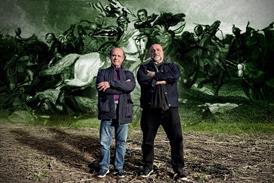

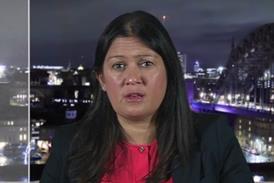
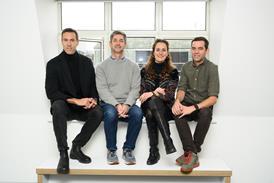




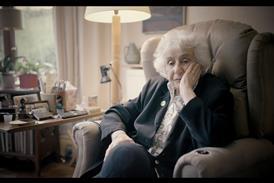



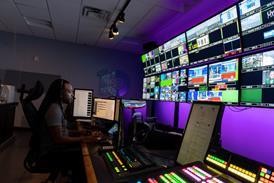

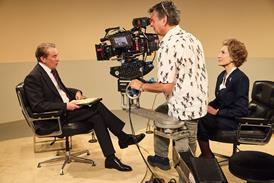




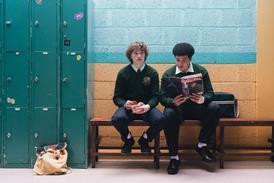



No comments yet